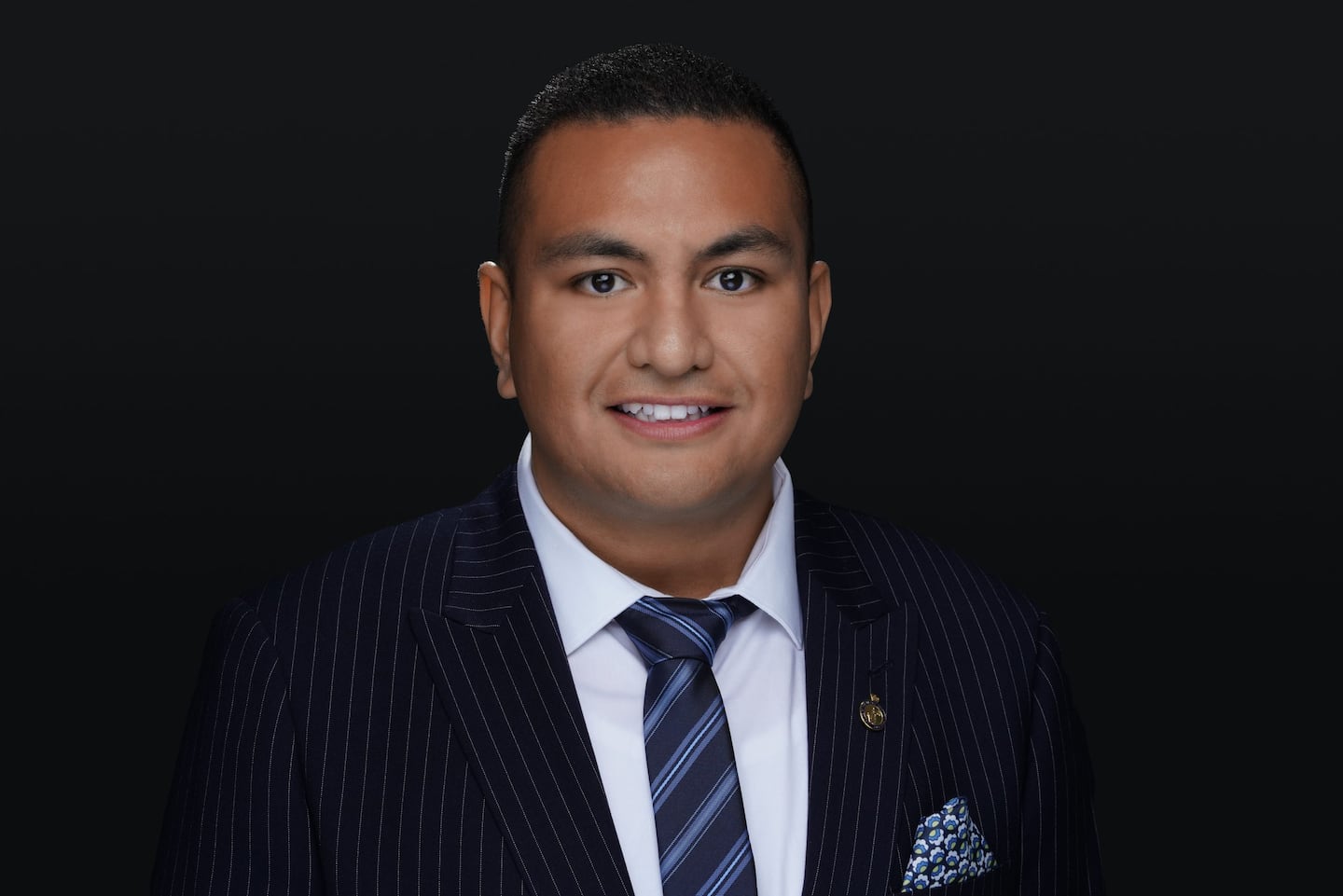A Pacific leader is determined to break the 30-year hold of the Communities and Residents (C&R) ticket on the Entrust Trust Board, which he says is not representative of Auckland’s multicultural communities.
“I think the board needs to look like Auckland. Right now, it only looks like Remuera and Mission Bay,” says Andrew Lesā
Entrust is a private trust that owns the majority of the electricity lines company, Vector, that services around 365,000 households and businesses in central, east and south Auckland.
Every three years those living within the Entrust district boundaries vote on who sits on its trust board, and Lesā, who is a Manurewa local board member, is the only independent and Pacific candidate among the twelve people running in this month’s upcoming runoff.
He says he tried to get on the C&R ticket, which has held the majority of the trust’s seats since its inception in 1993, but says prospective candidates were required to pay over $20,000 in fees to be considered.
“It’s really sad that democracy can be so elite … they told me that I needed to pay something like $22,000. I was like, ‘how many people have that money in the back pocket?’,” he says.
“Money shouldn’t be a barrier to running for office. If you have to pay $22,000 just to run, that’s not democracy. Democracy should be anyone can run. There should be no cost to running.
“If you had diversity on the board as well, you’d include more communities [and] more communities would want to vote. But because there’s only one ethnic group on the board, that’s the only ethnic group that’s probably voting.”

The candidate registration fee is $200. However, the C&R ticket requires a $500 registration fee, plus a $21,500 campaign fee for general campaign activities and promotion.
A C&R spokesperson responded to questions about its efforts to increase diversity on its ticket, with the following statement.
“The democratic process for selecting C&R candidates for Entrust is open to all C&R members, and we’re proud of the diverse expertise and backgrounds our team brings. Through strong governance and fiscal management, the C&R team has increased this year’s dividend to $350—providing much-needed relief for families during the cost-of-living crisis.
“Funding arrangements with candidates are confidential, but elections are costly for all parties, especially given the size of the Entrust district. If candidates face financial hardship, we offer support.”
The More For You, Better For Auckland ticket is also running in the Entrust elections as an alternative to the longstanding C&R team.

But Lesā says his point of difference is having lived experience of power hardship.
“I feel like you should have someone who’s gone without power. Because you appreciate the power more than someone who’s never gone without power. I feel like there’s a very important distinction there,” says Lesā.
“I had GLOBUG as a kid, and our power was always off because we wouldn’t have enough to last until the next day. So one of the reasons why I’m running is because of that experience.”
He recalls Falole Muliaga, a Sāmoan woman who tragically died in Māngere due to her power getting cut off.
“Those are the kinds of stories that I want to bring to Vector,” he says.
“I remember using the oven to stay warm in the winter. My Dad won’t even turn on the air con on. He’s like [stop] ‘maimau power’ (wasting power). There’s so many Pacific stories exactly like that. They’re not going to turn the air con on because they’re afraid about the power bill at the end of the month. But that’s another reason why I’m running.
“Stories like that really make a difference. And that’s why our people really need to take this election seriously. So that we can actually change the system from the inside. Otherwise, we’re just going to have these stories and share these stories. But nothing will change.”
With a limited budget, he is relying solely on social media.
“I’m boosting videos and stuff, to get the word out and I’m doing traditional PMN, Radio Samoa, ethnic media, so I’ve got my Muslim friends, my Indian friends, my Chinese friends. I’m having fun.
“My campaign is on cheaper power bills, higher dividends, just an independent voice on the board.”
Lesā argues that the dividend should be about $600.
“What really annoys me is the fact that the dividend hasn’t been adjusted for inflation. Over the last 15 years, it has remained the same, while the cost of living has increased, meaning we’re only receiving a fraction of what we used to get, even though it’s a three billion dollar company.”
He adds that for Māori and Pacific communities, the dividend significantly impacts daily life, helping to pay bills and stock the freezer.
“Many people don’t realize how crucial this support is for those facing financial hardships. For people living paycheck to paycheck, that dividend makes a big difference.”
His best friend encouraged him to apply because of his extensive governance experience.
“I’ve been on a lot of boards so I have some insight into how governance works so if I did win I would be a good voice for the Pacific community, for all Aucklanders as well not just Pacific people. You don’t want to put yourself in a box before you’ve even won, you don’t want to limit yourself to just your own people, you want to be a representative for everyone.”
Voting for the Entrust elections is open from October 10. Postal votes must be mailed by October 21 to be counted on time. Ballots close at 5 PM on October 25. Entrust has introduced orange ballot bins at ten Woolworths supermarkets in the Entrust District for the first time, making it easier to return voting papers.


